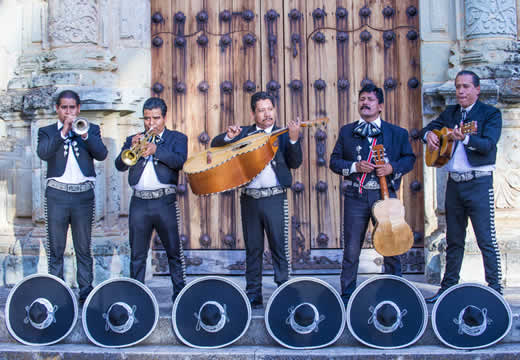

The Pack contains associated resources for the learning experience, typically in the form of articles and videos. There is a teacher Pack (with only teacher information) and a student Pack (which contains only student information). As a teacher, you can toggle between both to see everything.
Here are the teacher pack items for Mexico: Geographic Passport:



What comes to mind when you think about the country of Mexico? In a word or short phrase, share an idea with your classmates.
